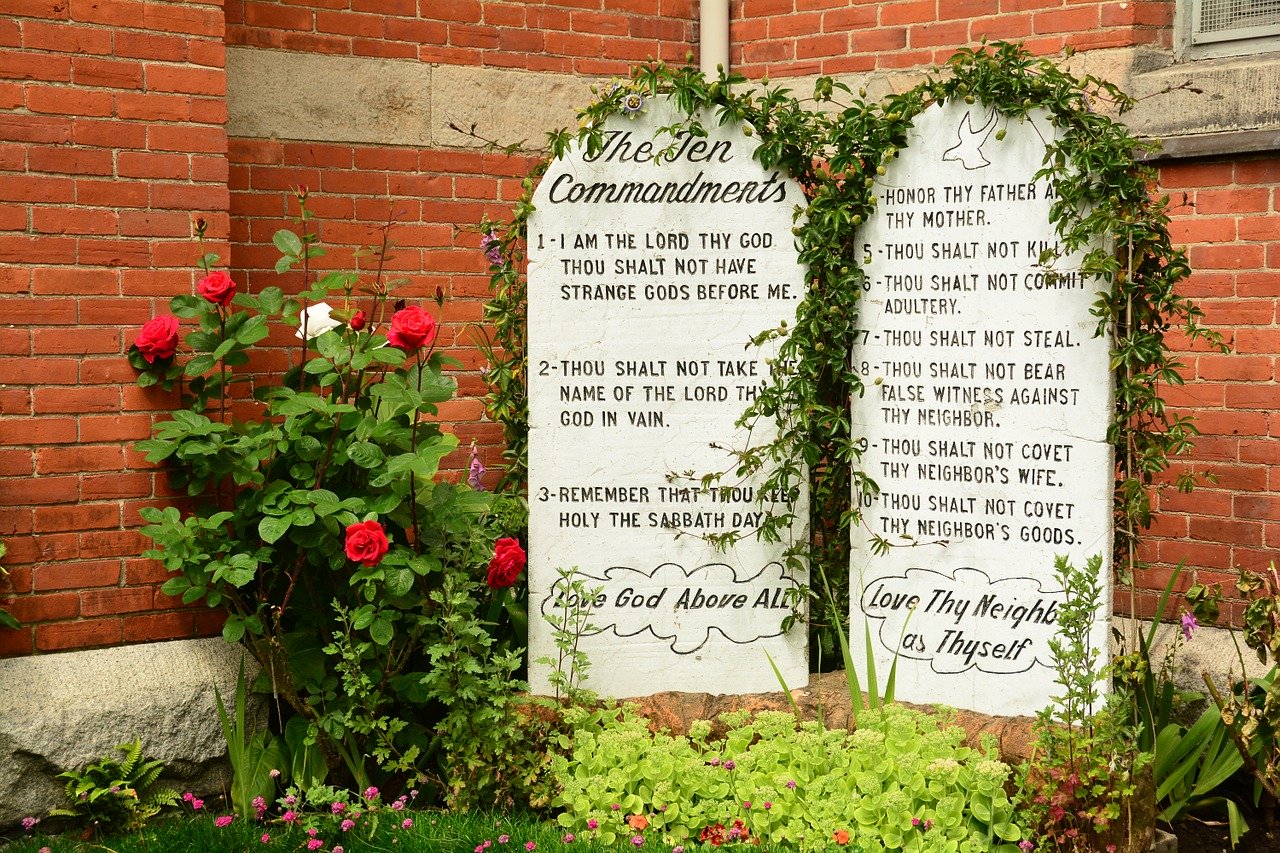Whether pastors should receive a salary has been debated throughout church communities. Whilst this may at first appear to be a fairly modern issue, people debate if it goes against the works of the 1st-century church preachers. Indeed, these religious figures didn’t receive any salary. Instead, they continued their usual trades and relied on voluntary offerings when necessary. Ultimately, each church community must decide what works best for them and what fits in with their beliefs.

IN THIS EPISODE of The Tithing Hoax Podcast, I discuss the issue of whether preachers should get paid. Are congregations obligated to support their religious leaders financially? Is there something wrong with getting paid to preach the gospel?
Should preachers work full-time or part-time while maintaining a “real” job? Is ministry a “real” profession? If so, should preachers receive salaries like doctors, lawyers, engineers, or other professionals? Should preachers work on a volunteer basis and rely on free-will offerings?
Table of Contents
- What History Reveals
- Listen to the Podcast
- FAQs About Pastors Getting Paid
- Outsmart the False Teachers
What History Reveals
No historical evidence suggests that pastors were paid full-time during the 1st-century church. Most congregations were too poor to support a full-time pastor financially. However, they were given gifts of food, clothing, and even some monetary assistance.
That was then; what about now?
Listen to the Podcast
FAQs About Pastors Getting Paid
Does a Pastor Get Paid?
Yes, pastors typically receive a salary for leading and serving their congregations. The amount a pastor is paid can vary widely based on factors such as the size of the church, the location, the pastor’s level of education and experience, and the church’s financial resources.
According to data from Salary.com, as of September 2023, the average salary for U.S. pastors was $105,598. It’s important to note that in addition to an annual income, pastors may receive other forms of compensation, such as housing allowances, health insurance, and retirement benefits, which can significantly impact their overall compensation package.
Does a Pastor Pay Taxes?
Yes, pastors in the United States must pay taxes on their income. However, the tax situation for pastors can be somewhat unique due to certain tax exemptions and allowances. Pastors receive a Form W-2 from their church reporting their income, and they are taxed on their salary like any other employee.
However, they may qualify for a housing allowance, which can be excluded from taxable income for income tax purposes, though it is still subject to self-employment tax. Pastors are considered self-employed for Social Security and Medicare tax purposes, so they are responsible for paying the full self-employment tax rate unless they have filed an exemption.
Should a Pastor Have a Job?
Whether a pastor should have a job outside of their pastoral duties depends on the specific circumstances and beliefs of the church community. In the New Testament, the Apostle Paul worked as a tentmaker while also fulfilling his duties as a missionary and church leader (Acts 18:3). He taught that those who preach the gospel should make their living from the gospel (1 Corinthians 9:14). Still, he also made tents to support himself at times not to be a burden on the churches he served.
Some believe that a pastor having a job outside of the church allows them to connect with their congregation and community in a unique and relatable way. In contrast, others believe that the church should fully support a pastor to allow them to dedicate all of their time to ministry. Ultimately, the decision should be made based on the church’s needs and the pastor’s calling and circumstances.
Outsmart the False Teachers

Discover the hidden truth about tithes the prosperity preachers don’t want you to know.👉👉 Click here.








